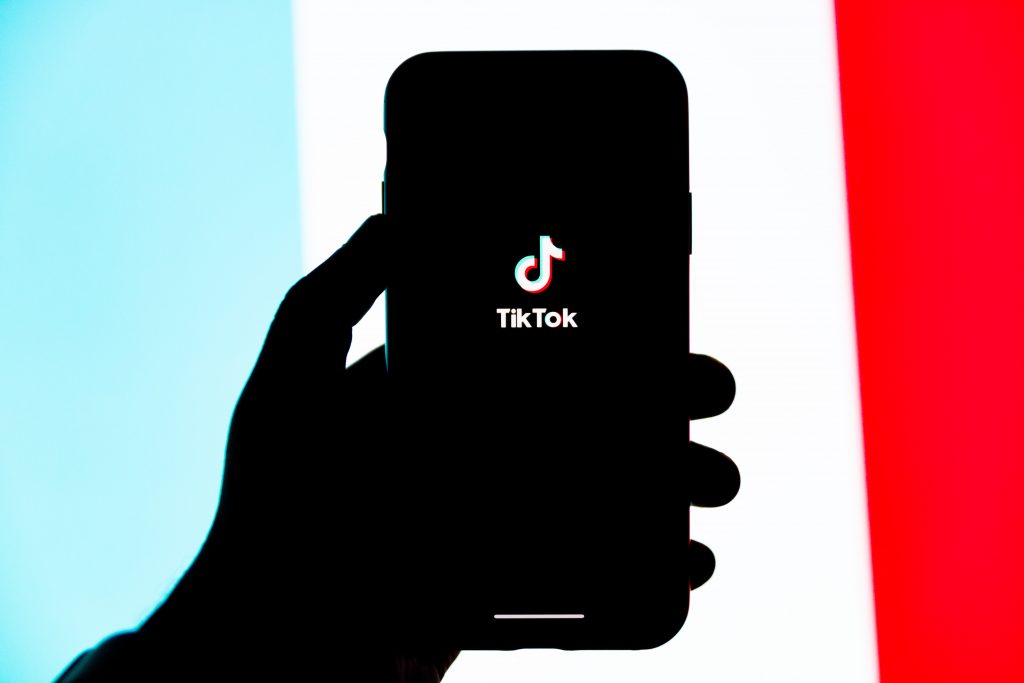
If you’re a Gen Z or millennial, you’ve probably spent a couple of hours wasting time scrolling through the viral app, TikTok. Tiktok is a social media platform where you can upload videos up to a minute long to a worldwide audience and then receive followers, comments, likes and shares through the app. Millions of young people use it every day, and it has been the source of both extreme scandal and a great deal of fun.
Much like any other social media platform, TikTok’s purpose, and if it should even be around, has been questioned a dozen times over. One of the biggest questions, though, is if it is affecting teenagers’ mental health. This question can go in many different directions, and in order to come to any type of conclusion, it’s best to analyze a few different perspectives.
According to the Philadelphia Inquirer, “the platform has viral memes where teenagers use self-deprecating humor to talk about anxiety, sexuality, insecurities, depression, and relationship abuse.” Self-deprecating humor is, by far, the biggest trend of 2020, so it’s no surprise that among silly dancing videos and wacky skits, teens are finding a sense of community and respect among peers online. The way the TikTok community has normalized some pretty intense subjects is nothing short of creative. People are dancing to voicemails from abusive exes, coming out to their parents publicly, talking openly about their mental health in a relatable way and even finding their voices in politics.
It’s a major step in destigmatizing huge issues that previous generations haven’t been ready to even acknowledge. Still, social media as a whole can often be mentally taxing, and many people do question if younger generations should be using it as much as they do.
Social media can also limit connections and worsen mental health. According to Helpguide.org, “lacking strong social connections can pose a serious risk to your mental and emotional health.” While this may be true, the article also acknowledges that social media connects us in ways that used to be impossible. They continue their perspective by saying that if you’re spending a large amount of time on social media and you’re experiencing increased symptoms of depression or anxiety, maybe it’s time to cut back.
This is true, as increased technology use has been linked to mental health issues for a variety of reasons including triggering content, isolation, constant opportunity for comparison and so much more. Social media can leave a large space between the user and the poster if the content feels unrealistic.
An important consideration is that in 2020, it is legitimately safer to FaceTime our family and friends than go see them in person. The pandemic has provided a huge opportunity to spend copious amounts of time online, and with no surprise, that did include TikTok and finding a sense of community online. Living in a completely digital world has exasperated the positives and negatives of TikTok and all other forms of social media. So really, it’s about choosing to find a happy medium that works for you. If you feel like your phone is detracting from your life and damaging your mental health, there’s reason to consider putting social media on the shelf for a while. At the same time, if you’re able to find community and strength through the unlimited resources online, it’s an amazing resource to have. At the end of the day, perhaps it’s not a question of if TikTok destroying mental health but rather what the right balance of use is. You are always the first priority. Besides, the internet isn’t going anywhere anytime soon, there is plenty of time to watch TikTok and cackle to yourself at 2 a.m.

Tiktok is a very toxic platform and unhealthy mind games and should stay away from it! I developed anxiety, sadness, etc, and wasted a lot of money. I am being honest.
It is dangerous to public health to see the silver lining in apps designed and programmed to predict and influence the behavior of vulnerable people. People can use just about anything as a tool to help themselves or to hurt others, but finding the good in something intrinsically harmful can only enable its use as a weapon. Come on now, we deserve better. Don’t be an apologist, demand higher standards for transparency, accountability, and public health.